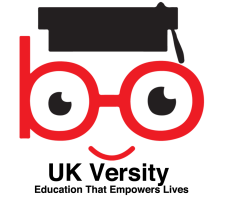ATHE L5 CED Business Management
Overview
The aims of this qualification are to develop knowledge, skills and understanding in a progressive range of subject areas from Level 4 through to Level 5, offering learners an integrated pathway of learning through skills pertinent to junior management roles to those more relevant to middle management roles (eg business adviser, sales consultant, market researcher, market research analyst, business development manager, account manager, departmental manager, practice manager, customer service manager, personal assistant, improvement specialist) and progressing in higher education. The
qualification also focuses on the development of those study and transferable skills necessary for
learners to develop and grow both personally and in the working environment.



